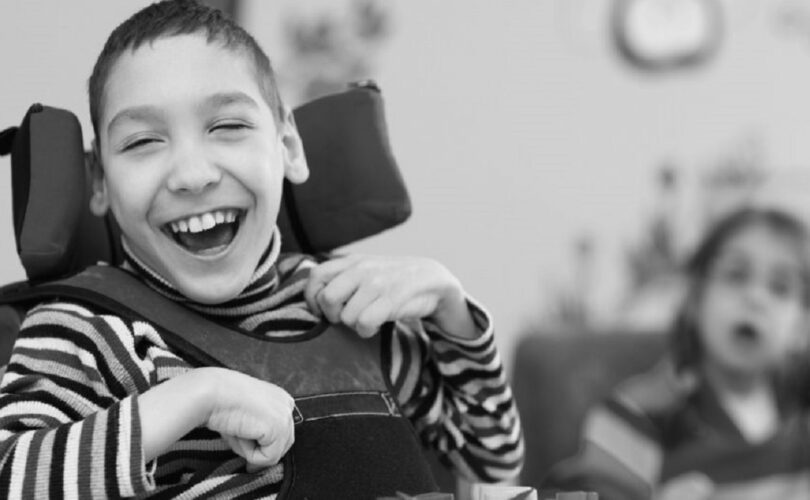Autism treatment in kolkata What is Autism ? Autism spectrum disorder (ASD) is a comprehensive term used to describe a group of underdevelopment disorders. It is characterized by problems with communication and social interaction. Children with ASD can recover with our autism treatment techniques. People with Autism Spectrum Disorder often display repetitive and stereotyped interests or patterns of behavior. Children suffering from autism have trouble communicating.
Autism Spectrum Disorder (ASD) is a neurodevelopmental condition that affects social interaction, communication, and behavior. It is a lifelong condition, and while there is no known cure, various treatments and interventions can help individuals with autism manage their symptoms and improve their quality of life. Treatment approaches should be tailored to the individual’s specific needs, strengths, and challenges. Here are some common treatment options for autism:
- Behavioral Interventions:
- Applied Behavior Analysis (ABA): ABA is a structured, evidence-based therapy that focuses on improving specific behaviors by breaking them down into smaller, manageable steps. It can help individuals with autism develop social, communication, and adaptive skills.
- Positive Behavior Support (PBS): PBS is a person-centered approach that focuses on understanding the triggers for challenging behaviors and developing strategies to prevent and manage those behaviors positively.
- Speech and Language Therapy:
- Speech and language therapy can help individuals with autism improve their communication skills, including speech, language, and nonverbal communication.
- Occupational Therapy (OT):
- Occupational therapy helps individuals with autism develop essential life skills, such as fine and gross motor skills, self-care skills, and sensory processing.
- Social Skills Training:
- Social skills training programs teach individuals with autism how to navigate social interactions, recognize and respond to social cues, and build relationships.
- Structured Teaching and Visual Supports:
- Visual supports, such as visual schedules and visual cues, can help individuals with autism better understand and manage their daily routines and expectations.
- Sensory Integration Therapy:
- Sensory integration therapy can help individuals with autism who have sensory sensitivities or challenges by exposing them to sensory experiences in a structured and therapeutic manner.
- Medication:
- Some individuals with autism may benefit from medication to manage specific symptoms or co-occurring conditions, such as anxiety, aggression, or attention deficits. Medication should be prescribed and monitored by a healthcare provider with experience in autism.
- Educational Interventions:
- Enrolling individuals with autism in specialized educational programs or schools that offer a supportive and structured learning environment can help them reach their full potential.
- Early Intervention: Early intervention services can be crucial for children with autism. The earlier treatment and support are provided, the more significant the potential for improvement in various areas of development.
- Parent and Caregiver Training:
- Parents and caregivers can benefit from training and support to better understand and help their loved ones with autism. These programs provide strategies for managing behaviors, communication, and daily life.
- Support and Advocacy Groups:
- Joining support and advocacy groups can provide emotional support, information, and resources for both individuals with autism and their families.
It’s important to create a comprehensive treatment plan that combines multiple approaches tailored to the individual’s unique needs. The effectiveness of interventions may vary from person to person, so ongoing evaluation and adjustments to the treatment plan are essential. Early diagnosis and intervention, along with a supportive and understanding environment, can significantly improve the quality of life for individuals with autism.






